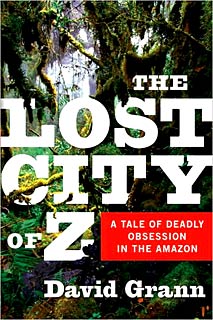This review contains affiliate links, which earn me a small commission when you click and purchase, at no extra cost to you. Thank you for supporting my small business and allowing me to continue providing you a reliable resource for clean book ratings.
Perhaps you have read The Three Musketeers or The Man in the Iron Mask. You may have also seen a film production of either of them, or of The Count of Monte Cristo, or you are familiar with these classic stories. Chances are very good that you even know the name of the author of these tales, Alexander Dumas, or even his son, the playwright Alexandre Dumas.
The rest of the story, however, lies in the nearly unbelievable life story of Alexander’s father, Alex Dumas, general of the French Republic and contemporary of Napoleon Bonaparte. He is one of those rare individuals who just happened to live at the right time and in the right place, but with the wrong skin color. His adventures as a dark-skinned man in 18th-century revolutionary France are clear harbingers of stories and characters made famous by his son in the 19th century.
The Black Count is much more than simply a biography. Tom Reiss explores both the geographical and political aspects of the elder Dumas’ lifetime, providing the reader with well-described and concise explanations of just why his life unfolded the way that it did. We have front-row seats to every bureaucratic machination as France went from monarchy to republic to dictatorship, and we see how each and every modification affected Monsieur Dumas.
But wait, there’s more. The very beginning of Napoleon’s rise to power is explained here in more interesting and clear detail than in any history text I have ever studied. At the same time, it does not get bogged down in the minutiae; this is, after all, not the story of Napoleon. But in order to fully understand the life of Alex Dumas, one must know more about Napoleon than is generally understood. In fact, I almost wish there had been just a bit more than was described.
Reiss has written a well-crafted and easy-to-read account of a man many of us have never heard of, yet who had a huge influence on the development of individuals and legends that have shaped our lives and cultures. This is a must-read.




